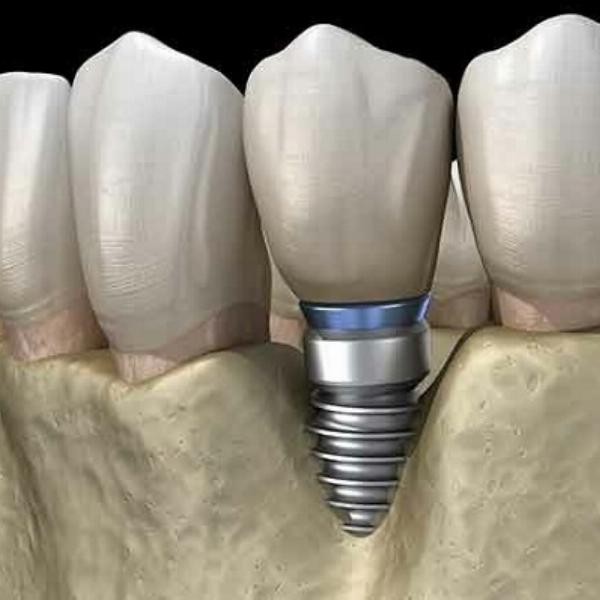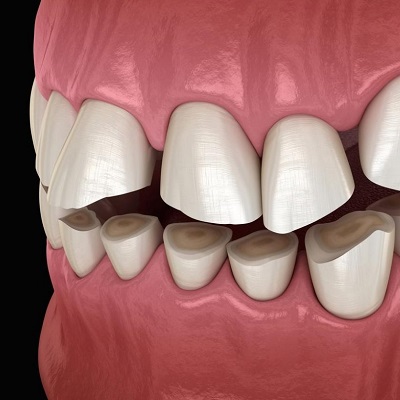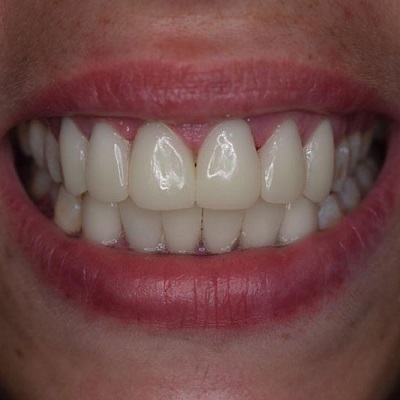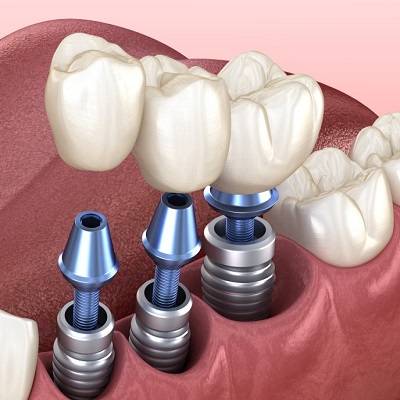The Ultimate Guide to Dental Implants: What You Need to Know

Dental implants have become a popular and effective solution for replacing missing teeth, offering a durable and aesthetically pleasing alternative to traditional dentures or bridges. If you’re considering Dental Implants Clinic Dubai, this guide provides a comprehensive overview of what you need to know, from the procedure itself to aftercare and everything in between.
1. What Are Dental Implants?
Definition:
Dental implants are artificial tooth roots made from biocompatible materials, usually titanium, that are surgically placed into the jawbone. They serve as a stable foundation for attaching replacement teeth, such as crowns, bridges, or dentures.
Components:
A dental implant consists of three main parts:
Implant Fixture: The metal post that is surgically placed into the jawbone.
Abutment: The connector that sits on top of the implant fixture and holds the replacement tooth in place.
Prosthesis: The artificial tooth or teeth that are attached to the abutment.
2. The Benefits of Dental Implants:
Durability:
Dental implants are designed to last many years, often for a lifetime with proper care. They are made from high-quality materials that resist wear and corrosion.
Natural Appearance:
Implants are designed to mimic the look and function of natural teeth, providing a seamless integration with your existing teeth.
Improved Function:
Unlike traditional dentures, dental implants are stable and secure, allowing you to eat, speak, and smile with confidence.
Bone Preservation:
Implants stimulate the jawbone, which helps to maintain bone density and prevent bone loss that can occur with missing teeth.
3. The Dental Implant Procedure:
Initial Consultation:
Your journey begins with a consultation where your dentist will assess your oral health, discuss your goals, and determine if you are a good candidate for implants. This may involve X-rays or 3D imaging to evaluate your jawbone structure.
Implant Placement:
The surgical procedure involves placing the implant fixture into the jawbone. This is typically done under local anesthesia, though sedation options are available for anxious patients. The procedure may take one to two hours depending on the number of implants being placed.
Healing Period:
After placement, the implant requires a healing period known as osseointegration, where the implant fuses with the jawbone. This process typically takes three to six months.
Abutment and Prosthesis:
Once osseointegration is complete, a small abutment is placed on top of the implant. After this, the final prosthetic tooth or teeth are crafted and attached.
4. Who Is a Candidate for Dental Implants?
Ideal Candidates:
Good Oral Health: Healthy gums and adequate bone density are crucial for successful implant placement.
Non-Smokers: Smoking can negatively impact the healing process and increase the risk of implant failure.
Commitment to Oral Hygiene: Good oral hygiene practices are essential for the long-term success of implants.
Considerations:
Certain medical conditions, such as uncontrolled diabetes or severe osteoporosis, may affect your candidacy. Your dentist will work with you to address any issues and determine the best approach.
5. Pre-Procedure Preparation:
Medical Evaluation:
Undergo a thorough medical evaluation to ensure that you are in good health and that any underlying conditions are managed.
Oral Hygiene:
Maintain excellent oral hygiene leading up to the procedure to reduce the risk of infection.
Diet and Medication:
Follow any dietary and medication instructions provided by your dentist. This may include avoiding certain foods or taking prescribed medications.
6. Post-Procedure Care:
Immediate Aftercare:
Pain Management: Over-the-counter pain relievers or prescribed medications may be recommended to manage discomfort.
Oral Hygiene: Follow specific instructions for cleaning your mouth and caring for the surgical site.
Long-Term Care:
Regular Check-Ups: Schedule regular follow-up appointments to monitor the health of your implants and surrounding tissues.
Good Oral Hygiene: Continue practicing good oral hygiene, including brushing, flossing, and using antibacterial mouthwash.
Dietary Considerations:
Soft Foods: Stick to soft foods and avoid hard or sticky items that could damage the implants or surrounding tissues.
Hydration: Stay hydrated and avoid excessive consumption of sugary or acidic drinks.
7. Potential Risks and Complications:
Common Risks:
Infection: Post-surgical infections can occur if proper care is not followed.
Implant Failure: Although rare, implants may fail due to factors such as poor osseointegration or excessive stress on the implant.
Signs of Complications:
Persistent Pain: Severe or prolonged pain may indicate a problem.
Swelling and Redness: Excessive swelling or redness around the implant site could be a sign of infection.
When to Contact Your Dentist:
If you experience any unusual symptoms or concerns, contact your dentist promptly for evaluation and appropriate treatment.
8. Cost and Insurance:
Cost Factors:
The cost of dental implants can vary based on factors such as the number of implants, the complexity of the procedure, and the type of prosthetic used.
Insurance Coverage:
Check with your dental insurance provider to understand coverage options. Some plans may partially cover the cost of dental implants, though coverage varies.
9. Choosing a Dental Implant Specialist in Dubai:
Qualifications:
Look for a dentist or oral surgeon with specialized training and experience in dental implants.
Clinic Reputation:
Research the reputation of the clinic and read patient reviews to ensure you receive high-quality care.
Technology and Techniques:
Choose a clinic that uses the latest technology and techniques for dental implant procedures to ensure optimal results.
Conclusion:
Dental implants offer a reliable and aesthetically pleasing solution for replacing missing teeth. By understanding the procedure, benefits, and care requirements, you can make an informed decision about whether dental implants are right for you. With advancements in technology and techniques, dental implants continue to evolve, providing patients with increasingly effective and comfortable options for restoring their smiles.
Note: IndiBlogHub features both user-submitted and editorial content. We do not verify third-party contributions. Read our Disclaimer and Privacy Policyfor details.







